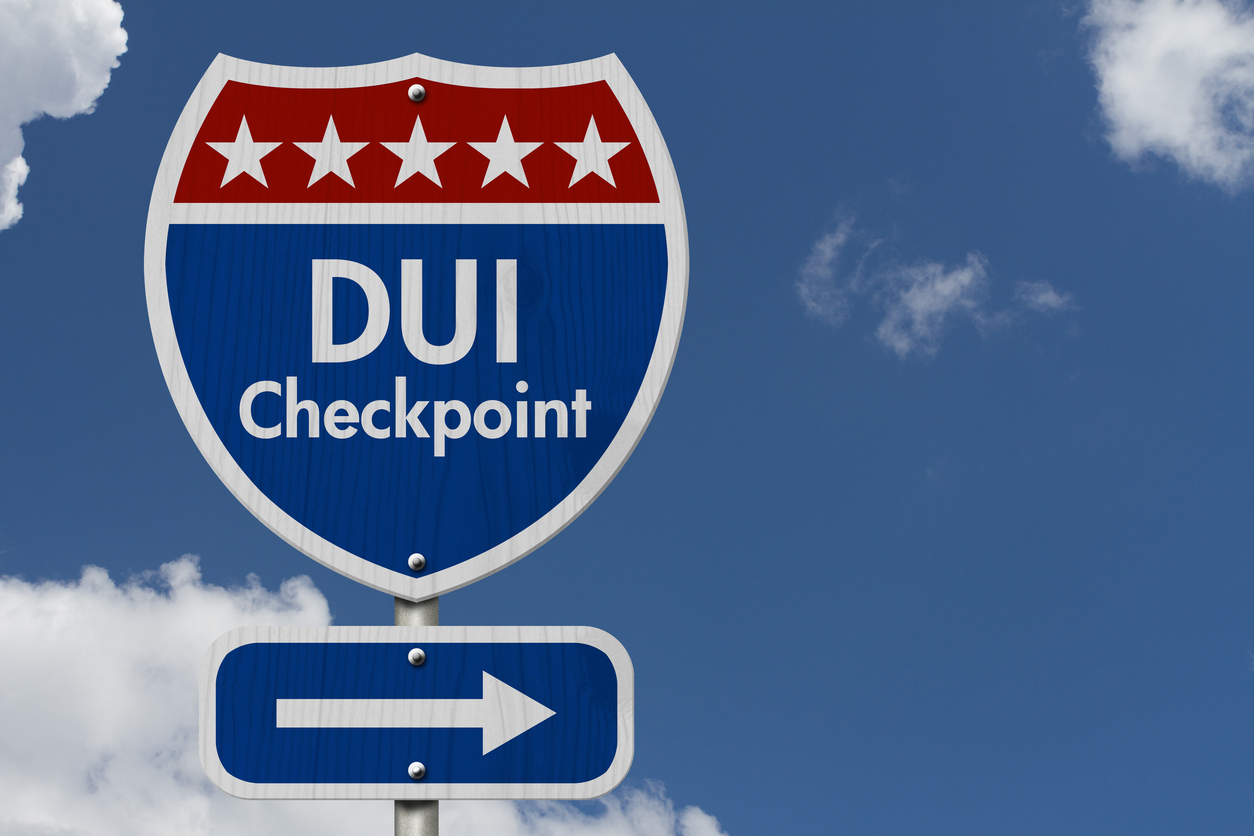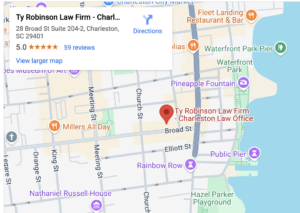Ty Robinson | July 25, 2025 | Personal Injury

When someone is arrested for driving under the influence in South Carolina, the term most commonly used is DUI. However, other states use terms like DWI (driving while intoxicated) or DWAI (driving while ability impaired). These can lead to confusion, especially if someone moves to South Carolina or is charged here after an out-of-state offense.
Learning about how these terms apply (or don’t apply) under South Carolina law is important if you’re pursuing a personal injury claim related to an impaired driving accident. In this guide, we’ll explain each term and what these offenses might mean for accident victims seeking compensation.
How Does South Carolina Define DUI?
South Carolina law specifically uses the term DUI, which stands for Driving Under the Influence. A person can be charged with DUI if they operate a motor vehicle while under the influence of alcohol or drugs to the extent that their faculties to drive are “materially and appreciably impaired.” That phrase is critical, as prosecutors do not need to show a person was completely unable to drive, just that they were impaired beyond a certain point.
South Carolina also uses a .08% BAC (blood alcohol concentration) as a legal standard. A driver at or above that threshold can be presumed to be under the influence. However, even a lower BAC can still result in a DUI charge if the state can show evidence of impairment.
What About DWI and DWAI?
DWI, short for Driving While Intoxicated, and DWAI, or Driving While Ability Impaired, are not terms used in South Carolina law. These terms come from other states and reflect how different jurisdictions classify impaired driving.
If you were charged with DWI or DWAI in another state, those records may still follow you to South Carolina. And if you were injured by a driver with one of these offenses on their record, it can still factor into a civil case here.
How These Offenses Relate to Personal Injury Claims
Whether someone is charged with DUI, DWI, or DWAI, the underlying issue is the same: they operated a vehicle while impaired. In a civil case, such as a personal injury lawsuit after a car accident, the precise charge matters less than the facts surrounding the accident.
To pursue compensation in South Carolina, you’ll generally need to prove that the impaired driver acted negligently and that this negligence caused your injuries. Evidence of a DUI arrest or conviction can support your case significantly because it shows that the driver violated the law at the time of the crash.
Even if the driver wasn’t convicted (or even if they weren’t formally charged), evidence of intoxication or drug use can still be used in your civil case. The burden of proof is lower in civil court than in criminal court.
What Damages Can I Recover After an Impaired Driving Accident?
If you were injured in a crash caused by an impaired driver, you may be entitled to significant financial recovery. That includes both economic and non-economic damages.
Examples of economic damages include:
- Medical bills and future medical care
- Lost income or reduced earning capacity
- Property damage
Examples of non-economic damages include:
- Pain and suffering
- Emotional distress
- Loss of enjoyment of life
In some DUI-related injury cases, punitive damages may also be available. These are designed to punish the at-fault party for particularly reckless behavior. South Carolina law allows punitive damages in cases where the driver’s conduct shows a conscious disregard for others’ safety, which often applies in DUI crashes.
Can I File a Claim if the Driver Was Not Convicted?
Yes. A criminal conviction can support your claim, but it’s not required. Civil personal injury cases follow a different legal process than criminal cases. You only need to prove that the driver was more likely than not responsible for your injuries, which is known as the preponderance of the evidence standard.
In contrast, the burden of proof standard in a criminal case is “beyond a reasonable doubt.” That standard requires a much higher level of evidence, so you can still win your claim in civil court regardless of how the criminal proceedings play out.
How Long Do I Have to File a Personal Injury Lawsuit in South Carolina?
In South Carolina, the statute of limitations for most personal injury claims is three years from the date of the accident. You could lose your right to seek compensation entirely if you miss this deadline.
However, some exceptions could shorten or extend the timeline. It’s always best to speak with an attorney as soon as possible so they can evaluate your case and preserve your rights.
How a Lawyer Can Help After an Impaired Driving Crash
Cases involving DUI, DWI, or DWAI-related accidents often require detailed investigation and a strong legal strategy. Insurance companies are not likely to offer a fair settlement without pressure.
Here’s how an attorney can help with your claim:
- Investigating the crash and securing key evidence
- Reviewing police reports and BAC test results
- Speaking with medical professionals and accident reconstruction experts
- Calculating the full value of your damages
- Negotiating with the insurance company
- Taking your case to trial if needed
These cases can become complex in many circumstances, such as if multiple parties are involved or when the driver was under the influence of drugs rather than alcohol. Having legal guidance ensures you’re prepared for what comes next.
Reach Out to Our Law Office for Help
If you were injured by a drunk or drugged driver in South Carolina, you may have a right to compensation. The label on the criminal charge (DUI, DWI, or DWAI) doesn’t change the harm you’ve suffered or the legal options available to you.
Speak with a Charleston personal injury lawyer at Ty Robinson Personal Injury & Car Accident Law Firm today to learn more about your rights and next steps. A free consultation is the first step toward holding the impaired driver accountable and recovering the compensation you need to move forward.
Contact Our Charleston Personal Injury Lawyer At Ty Robinson Personal Injury & Car Accident Law Firm Today
While accidents can happen at any time, data clearly shows there are certain times when driving is more dangerous.
Being aware of these patterns can help you make informed decisions — maybe postponing a non-urgent trip during a stormy Friday rush hour or taking extra care if you have to be on the road during a holiday night. Staying vigilant, sober, and patient behind the wheel goes a long way toward reducing risk.
If you were injured in an accident in Charleston, South Carolina, and need legal help, contact our Charleston personal injury lawyer at Ty Robinson Personal Injury & Car Accident Law Firm to schedule a free case review today.
Ty Robinson Personal Injury & Car Accident Law Firm
28 Broad St Suite 204-2
Charleston, SC 29401
(843) 278-2222



